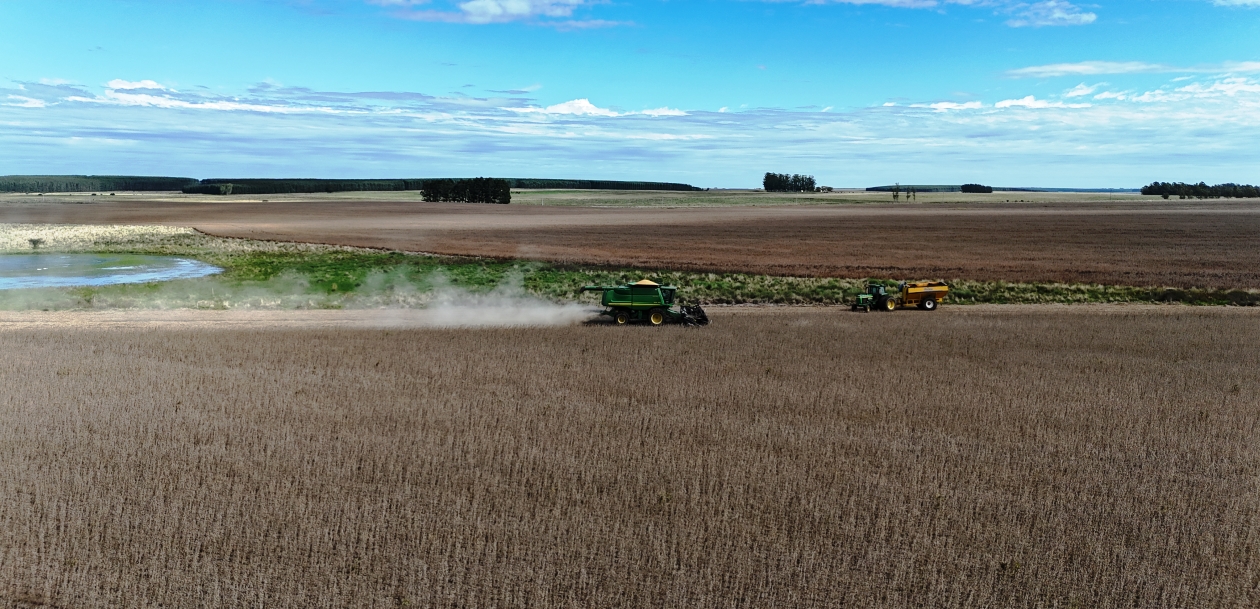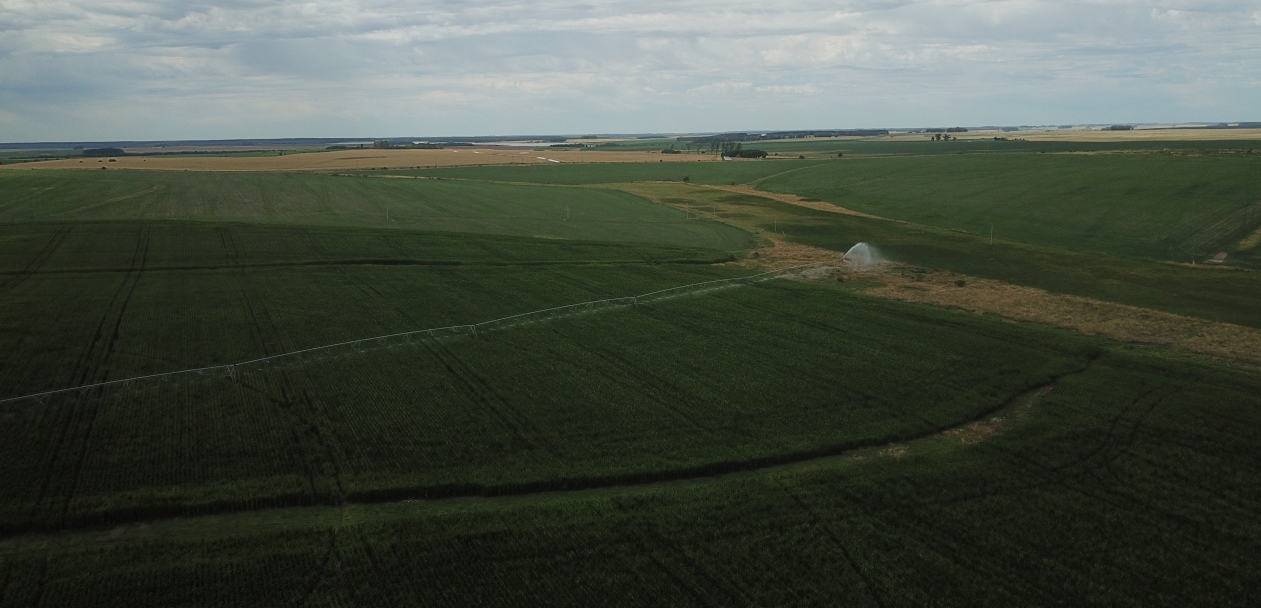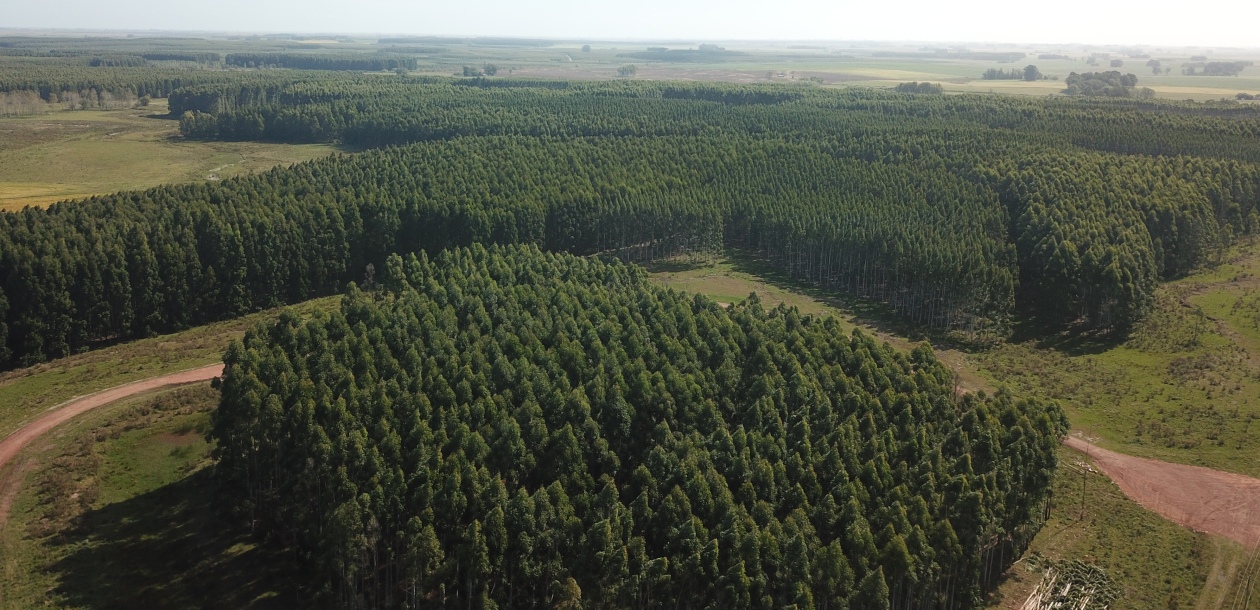Many international farmland owners take inheritance laws into account when investing in Uruguay. Notably, succession duties here are significantly lower than in many other countries, making it relatively easy to arrange inheritance. It’s wise to carefully analyze the most effective ownership structure if the intention is to pass the farm down to the next generation.
Under Uruguayan law, “forceful heirs” are defined as the direct descendants of the deceased—both legitimate and natural—as well as the deceased’s parents, entitled to a portion of the estate.
If the owner of a farm in Uruguay passes away, the heirs must undertake a judicial inheritance process in Uruguay to obtain a legal declaration of heirs.
Inheritance matters in Uruguay require that if a person dies possessing real estate there, the inheritance of those assets must be processed locally, regardless of where the individual died. This involves paying a property transfer tax (3% or 4% of the cadastral value, depending on the heir) and navigating the judicial process, which incurs various costs. The entire procedure, culminating in the registration of the inheritance in the Real Estate Registry, can take up to 6 months.
An alternative to this process is making a donation. You can donate the bare property while retaining usufruct for life, thus bypassing the inheritance procedure. Upon the owner’s death, the bare property and usufruct consolidate, eliminating the need for succession. The deed of donation requires payment of property transfer tax and income tax.
Donations are one option. Another recommendation that may lead to lower taxes upon future sale is creating a Purchase and Sale Agreement with retained usufruct. As previously noted, each child could acquire a 25% share of the bare ownership while two individuals retain usufruct rights. Unlike a donation, a Purchase and Sale Agreement necessitates an agreed price and payment from the buyers to the sellers.
When it comes to taxes, the contract parties determine the property value; however, it is advisable to set this at market value. The established value will impact future sale taxation, with a lower current value resulting in higher income tax later.
Regarding future sales, income tax will be computed by comparing the selling price to the original purchase price, applicable only in cases of a Purchase and Sale Agreement that retains usufruct.
If you choose to donate bare ownership, the taxable base upon future sale will be the difference between the cadastral value (rather than the value set in the donation contract) and the selling price. Since the cadastral value is typically lower than both the selling and market prices, this could lead to a higher taxable balance and, consequently, increased taxes.
It’s essential to ensure an actual transfer of money occurs from your children to you, which can be facilitated through overseas accounts.
For more tailored advice, we recommend consulting with a law firm.






